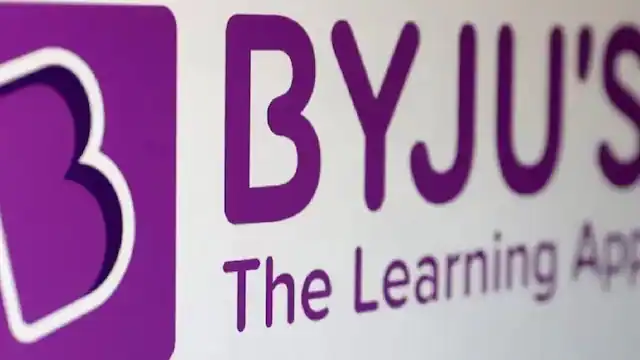NCLAT Dismisses BCCI and Riju Raveendran’s Settlement Request

The National Company Law Appellate Tribunal (NCLAT) has rejected appeals from the Board of Control for Cricket in India (BCCI) and Byju’s board member Riju Raveendran, who sought to withdraw insolvency proceedings against the struggling edtech firm. The tribunal upheld a previous order from the Bengaluru bench of the National Company Law Tribunal (NCLT), which mandated that a settlement proposal be presented to the newly established Committee of Creditors (CoC) that includes Glas Trust, representing lenders owed $1.2 billion by Byju’s.
Background of the Insolvency Proceedings
The insolvency proceedings against Byju’s commenced on July 16, 2024, after the NCLAT admitted a claim of Rs 158.90 crore from BCCI as an operational creditor. An Interim Resolution Professional (IRP) was appointed to oversee the process. The NCLAT had previously halted the proceedings on August 2, 2024, following a settlement agreement related to a Team Sponsor Agreement from 2019. However, the situation took a turn when Glas Trust, acting as a financial creditor, filed a separate petition with the NCLT to address its outstanding debt of approximately $984.3 million (around Rs 8,200 crore).
Details of the NCLAT Ruling
In its ruling, the Chennai bench of the NCLAT, led by Justice Rakesh Kumar Jain and Jatindranath Swain, maintained that the settlement proposal submitted by BCCI and Raveendran was invalid as it was presented after the formation of the CoC. The tribunal emphasized that under Section 12A of the Insolvency and Bankruptcy Code (IBC), any application for withdrawal of insolvency proceedings requires the approval of 90% of the CoC members if filed post-CoC formation. The appellants contended that their application should be governed by Regulation 30A(1)(a), which pertains to filings made before the CoC is constituted. However, the NCLAT clarified that since the Form FA was submitted after the CoC was formed, the provisions of Section 12A applied fully.
Arguments Presented by the Appellants
BCCI and Raveendran argued that their Form FA for the Corporate Insolvency Resolution Process (CIRP) withdrawal was submitted before the CoC’s establishment. They claimed that the IRP had delayed the submission of the withdrawal form, which should have been filed within three days as per Regulation 30A(3). However, the NCLAT dismissed this argument, stating that the appellants had instructed the IRP to submit the form only after the Supreme Court dismissed an appeal on October 23, 2024. The tribunal concluded that the delay was not the fault of the IRP and reiterated that the appeals lacked merit.
Implications of the Decision
The NCLAT’s decision reinforces the importance of adhering to the procedural requirements set forth in the IBC. By rejecting the appeals, the tribunal has ensured that the insolvency proceedings against Byju’s will continue under the oversight of the CoC, which is crucial for the resolution of the company’s significant debts. This ruling also highlights the complexities involved in insolvency cases, particularly when multiple creditors are involved. The outcome of these proceedings will be closely monitored, as it could set a precedent for future insolvency cases in India, especially within the edtech sector, which has faced considerable financial challenges in recent years.
Observer Voice is the one stop site for National, International news, Sports, Editor’s Choice, Art/culture contents, Quotes and much more. We also cover historical contents. Historical contents includes World History, Indian History, and what happened today. The website also covers Entertainment across the India and World.
Follow Us on Twitter, Instagram, Facebook, & LinkedIn

